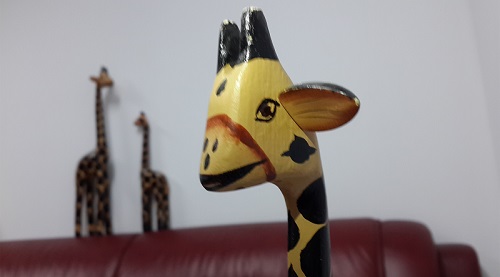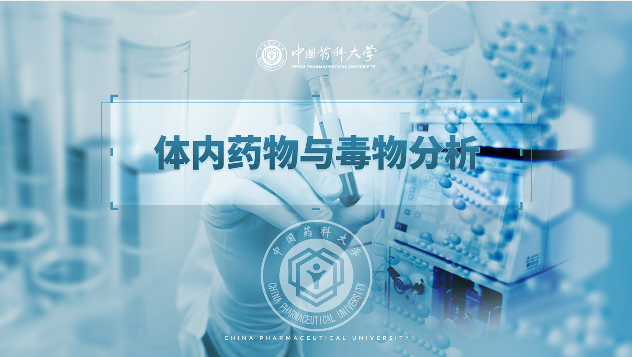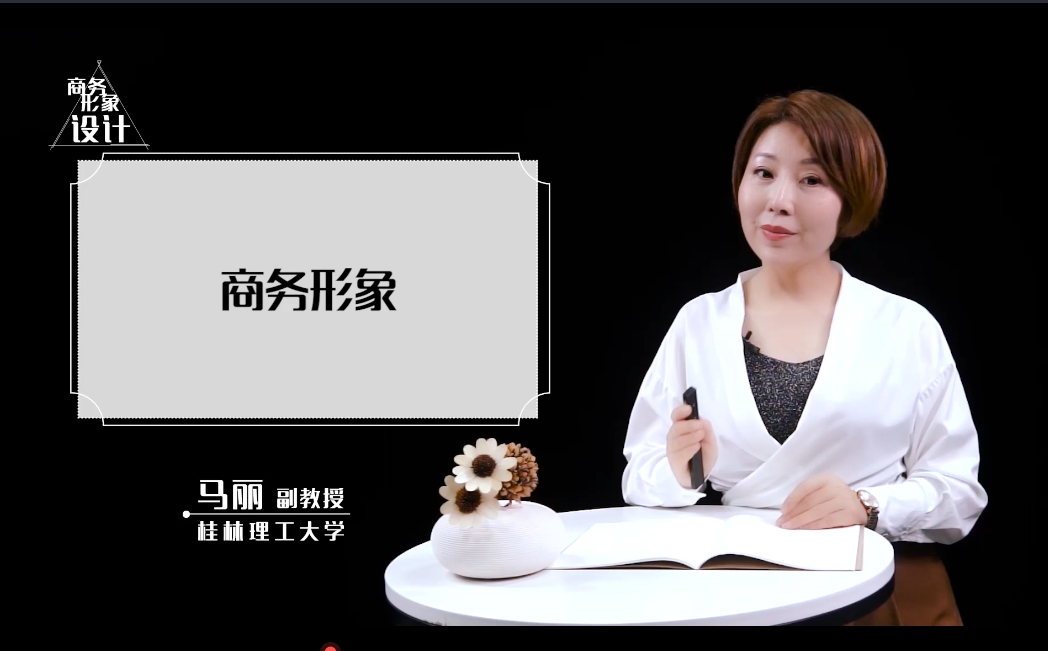
当前课程知识点:Methodology of Scientific Research > Lecture 6 Science and Exploring the Tact of Management > Section 6.1 Scientific Research Strategy and Tactics > 6.1.2 Tactics in Research Work
返回《Methodology of Scientific Research》慕课在线视频课程列表
返回《Methodology of Scientific Research》慕课在线视频列表
下面给大家介绍第2部分内容
科研工作中的战术
从战术上来讲
课题研究需要根据课题的研究性质和目标要求
结合课题组的实际情况
进行资源分配与有效调动
落实科研任务
制定具体的方案
保证课题研究计划的有效实施
那么第1个我们介绍一下不同类型课题的研究
科学研究一般可以分为理论性研究和应用性
研究两大类
通常所说的应用基础研究
则是介于二者之间的过渡部分
这种分类方法其实并不是非常严格
但是它便于分析和阐述
首先理论性研究课题
那么它是以获得知识为目的的研究
这种知识有时是抽象的
令人难以理解
或者暂时不能应用于实际的
那么身为理论研究工作者
能够长期的
坚定的从事科研工作
靠的是什么呢
一种信念
这种信念
任何科学知识本身都是值得追求的
理论工作者在从事研究工作的时候
他的兴趣在于获得意外的发现
对于所获得的发现是否具有实用价值
主要往往不重视不够
然而一个课题的研究价值并非是由其研究成果
是否具有直接的短期的实际意义或者是经济
效益所决定的科学知识
虽然不是直接的生产力
但是它是一个潜在的生产力
它是能够将其物化于人类的创作过程
产生直接的生产效益的
从这个意义上来讲
科学知识是促进生产力发展的动力源之一
而理论研究也是科学研究中必不可少的组成
部分
那么对于应用性课题研究而言
他是对具有实用价值的问题进行了研究
并以获得生产效益为直接的目的
要解决实际应用的问题
仅仅靠现有的知识是不够的
尤其是在工程应用当中
现场遇到的一些问题
也许是一个新的问题
你比如说包括一些理论没有预料到的
还有技术没有研发到的或者是操作上的实际的
一些问题等等
可能这些问题在书本当中还无法找到现成的
答案
要解决这类问题
经验往往是非常重要的
需要注意的
是如果对应用课题研究中的这类问题
仅仅进行眼前的局部的解决
而不是从原理上去加以深化
去探究
那么这种解决方法与其只适用于局部的具体
问题
而并无普遍推广的意义
那么这种情况很可能会导致一系列相关的问题
在以前类似问题已经得到解决
大量方案具有借鉴价值的情况下
仍然要从源头开始研究
这个实际上是重复研究
这是得不偿失的
那么要想尽可能的发挥每一个具体解决方案的
作用
减少重复性研究
一种可行性的方法
就是啊
组织工程技术人员与理论的专家进行合作来
攻关
也就是说从工程实际经验与专业知识相结合的
角度
去共同去公关
这样的话是能够发挥两方面的传承的
第2个是单兵作战与团队公关这样的一个关系
现在科研工作特别提倡团队精神
同时也要注意培养研究者的单兵作战的能力
倡导集体公关固然是重要的
但研究者个人的能力
你比如说理论
基础啊
研究水平
融合力等等
特别是创造性思维的涌现也同样是可贵的
在现代的科研团队当中
既有单兵作战能力
那么又善于合作的研究者
往往是容易取得大家的信任
尤其是在课题组中承担重任的研究者
更是如此
我们的科研经验表明
那些科技研究能力或者科研能力强的
但是
缺乏融合力的一些研究者
他是难以充分的发挥其研究才能的
那么对于具有独特个性的研究者
作为团队领袖
特别是课题负责人
它的作用就是将它们融合起来
在课题总目标的指导下
发挥他们各自的所长
合作攻关
共同完成研究任务
第3个是资源分配与有效调动
课题组是科研群体的实体
它的基本要素包括研究者
项目
也就是任务和经费等等
科研财产
包括设备
场地
软件等等
以及科研信息等等
这些个要素是课题组的宝贵资源
他们之间的相互作用需要满足一定的制约
也就是团队规则
课题的研究过程
实际上呢是建立在课题组有效运作的基础之上
的
比如说一个单独的提琴手可以自己掌控自己
而一个乐队必须要有一个出色的指挥
课题组的成员首先要认识到这种团队规则
并自觉的去服从
而课题负责人则需要对课题组的资源进行公正
的调度
灵活的协调
从而才能够能动地实现课题组在规则制约下的
最佳运作
科研工作的有效调动
需要采用激励的一些机制
而这一部分内容
我们将在第10讲
第3节的科研关系与激励机制当中加以详细的
阐述
-Section 1.1 Basic Concepts of Scientific Research
--1.1.1 Basic Concepts of Research
-Section 1.2 General Procedure of Scientific Research
--1.2.3 Process of Natural Science
--1.2.4 Process of Social Science
--1.2.5 Process of Technologial Science
-Section 1.3 How to Prepare for Scientific Research
--1.3.1 Motivation of Research
-Test-Lecture #1
-Section 2.1 Types and Sources of Research Project
-Section 2.2 Principles and Methods of Topic Selection
--2.2.1 Principle of Topic Selection
--2.2.2 Methods of Topic Selection
--2.2.3 Procedure and Strategy of Topic Selection
-Section 2.3 Information Collection of Project
--2.3.1 Type, Collection and Search of Information
-Test-Lecture #2
-Section 3.1 Typical Research Methods
--3.1.1 Level of Research Method
--3.1.2 Concept of Research Method
--3.1.3 Typical Research Methods
-Section 3.2 Typical Thinking Modes
--3.2.1 Thinking and its Characteristics
--3.2.2 General Innovative Thinking
--3.2.3 Typical Thinking Modes
-Section 3.3 Analysis of Research Cases
--3.3.1 Question Description and Concept
--3.3.2 Three-Level Theory of Problem
--3.3.3 Train of Question Consciousness
-Test-Lecture #3
-Section 4.1 Research-oriented Scientific Design
--4.1.1 General Scientific Design
--4.1.3 Example of Research Design
--4.1.4 Other kinds of Research Design
-Section 4.2 Experimental Scientific Research Design
--4.2.4 Example of Experimental Design
-Section 4.3 Application-oriented Scientific Design
--4.3.1 Basic Concepts and Significance
--4.3.3 Example of Applied Design
--4.3.4 Train of Research Skills
-Test-Lecture #4
-Section 5.1 Initial Entry into the Research Group
--5.1.2 Consider Research Outline
-Section 5.2 Analysis of Scientific Research Cases
--5.2.1 Example of Correct Topic Selection
--5.2.2 Example of Team Cooperation
--5.2.3 Test of Non-invasive PDM
-Section 5.3 Research-based Learning and Research
--5.3.1 Overview of Research Learning
--5.3.2 Research-based Learning
--5.3.3 Research Train for Undergraduates
-Test-Lecture #5
-Section 6.1 Scientific Research Strategy and Tactics
--6.1.1 Strategy in Research Work
--6.1.2 Tactics in Research Work
--6.1.3 Research Group and Management
-Section 6.2 Scientific Research Tactful Operation
--6.2.3 Typical Research Planning
-Section 6.3 Discrimination of Research Obstruction
--6.3.2 Origin of Research Obstruction
--6.3.3 Case of Research Obstruction
--6.3.4 Strategy to Remove Obstruction
-Test-Lecture #6
-Section 7.1 Research Papers and Writing
--7.1.2 Writing Research Paper
-Section 7.2 Rules for Submission and Publication
--7.2.1 Preparing for Contribution
--7.2.2 Process of Publication
--7.2.3 Strategy of Contribution
-Section 7.3 Examples and Analysis of Paper
--7.3.1 Basic Structure of Paper
--7.3.3 Introduction, Main Content and Conclusion
-Test-Lecture #7
-Section 8.1 Introduction of Invention and Creation
--8.1.1 Generality of Invention
--8.1.2 Principle of Invention
--8.1.3 Risk and Protection of Invention
-Section 8.2 Patent Types and Applications
--8.2.1 Characteristics and Types of Patent
--8.2.3 Process of Applying Patent
-Section 8.3 Patent Examples and Analysis
--8.3.1 Example of Invention Patent
--8.3.2 Example of Utility Model Patent
--8.3.3 Example of Design Patent
-Test-Lecture #8
-Section 9.1 Characteristics, Types and Titles of Academic Conferences
--9.1.1 Characteristisc of Academic Conference
--9.1.2 Types of Academic Conference
--9.1.3 Title of Academic Conference
-Section 9.2 Basic Elements and Report Types of Academic Conferences
--9.2.1 Basic Elements of Conference
--9.2.2 Types of Conference Report
-Section 9.3 Main Points, Syntax and Summary of Academic Reports
--9.3.1 Writing and Accepting Conference Paper
--9.3.2 Exercise before Reporting
-Test-Lecture #9
-Section 10.1 Character and Type of Researcher
--10.1.1 Basic Moral of Researcher
--10.1.2 Moral Outlook of Researcher
--10.1.3 Talent Type and Innovative Quality
-Section 10.2 Research Ethics and Academic Norms
--10.2.1 Generality of Research Morality
--10.2.3 Monitoring Measure of Research
-Section 10.3 Research Relationship and Incentive Mechanism
--10.3.1 Generality of Research Relation
--10.3.2 Typical Research Relation
--10.3.3 Research Incentive System
-Test-Lecture #10




